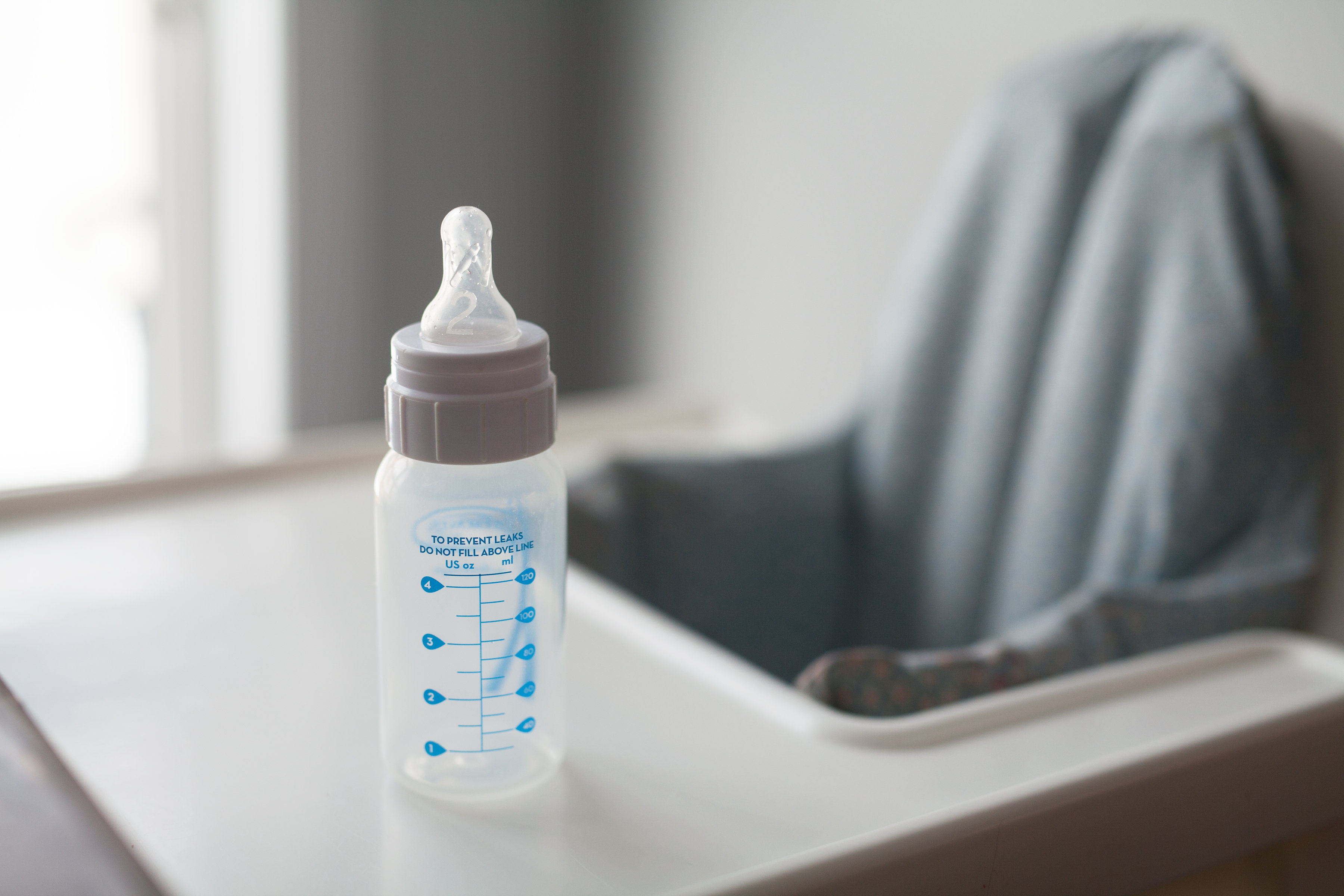
It is fair to say that there is much more to formula feeding than just picking out the best brands for you. Here are our top 5 facts that you probably don’t already know about formula feeding.
Your little one may be allergic to formula
It is not uncommon for some babies to have an allergic reaction to the cow’s milk protein in the milk. This is not the same as a lactose intolerance (which usually shows itself in late childhood or early adolescence).
So how can you tell if your little one has a allergy to their formula? The biggest clues can be found in the bowel movements of your little one. Symptoms such as, blood or mucus in the stool as this suggests that the bowel may be inflamed, which is a sign of a milk allergy. Other things to look out for are diarrhoea, vomiting, rashes and even fussiness around feeding time. Although constant discomfort can also be a symptom of an allergy to formula, it could quite possibly be due to colic or other illnesses.
If you suspect your little one may have an allergy to their formula milk, it is best to seek advice from your paediatrician. They may recommend a soy based alternative, or extra-hydrolyzed formula which is easier for baby to digest.
Babies on formula milk usually have different poo
Formula poops are a lot different to breastmilk poops, fact. The difference in consistency, texture, smell, amount and color is caused by the body adapting to what it is now eating. The gastrointestinal tract changes depending on what is running through it, as formula milk is very different to breastmilk.
So what are the typical changes? Well, many parents report that their little one’s poop smells a lot stronger, is darker in color and is much thicker than breastmilk poop. So, if you notice changes in your little one’s poop when transitioning, then it is likely just your little one is adapting to the new milk.
Different babies will eat different amounts
It is important to remember that all babies are different, and what is normal for your little one might not be normal for another baby. The same goes for the amount of formula milk they will want, some babies are more than happy to guzzle down 7oz in one go, whilst another baby will only drink 3oz in the same time.
Not only will the amount differ amongst babies but also between meals! They may want more for their dinner, and less at lunch times or vice versa on different days. Despite the variability, it is very important to follow some basic guidelines. Generally speaking, babies who are not yet on solid foods, should take 2.5oz of formula per pound of body weight during a 24-hour period. It is important to make sure that you regularly visit your paediatrician to ensure that everything is in order.
Formula-fed babies can go longer between meals than breastfed babies
Both breastmilk and formula milk contain the proteins, whey and casein, but breastmilk contains more whey (which is easier for baby to digest) than formula milk. This means that they digest this faster and so become hungrier earlier. On the other hand, formula milk contains more casein proteins which are harder for baby to digest, meaning that it takes longer for them to digest the formula. This means that they will need to be fed less often than breastfed babies.
However, don’t become complacent if your little one is formula-fed. It is likely that they will wake up just as often as breastfed babies during the night. All babies are different, so don’t be worried if your friend’s baby feeds more often then your little one.
Pretty much all formula are the same
It can be quite overwhelming choosing out which formula to choose, especially when there are so many different brands out there. It may be a relief to know that most formulas will contain the same essential nutrients. This is because the Food and Drug Administration regulates the production of formula which requires all manufacturers to contain 29 essential nutrients.
There are some brands and products which are designed especially for premature or low-birth-weight babies, babies with reflux or babies with an allergy to milk. These products, will contain extra calories, a thickening agent or be soy-based. These will differ from the usual products, but are designed for specific circumstances.
If you have any worries or concerns when it comes to picking out a brand for your little one, don’t hesitate to contact your paediatrician who will be able to give you some guidance.
